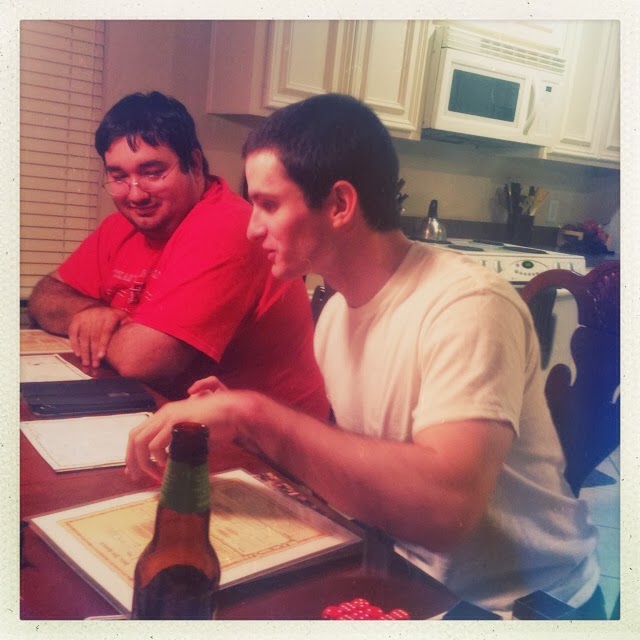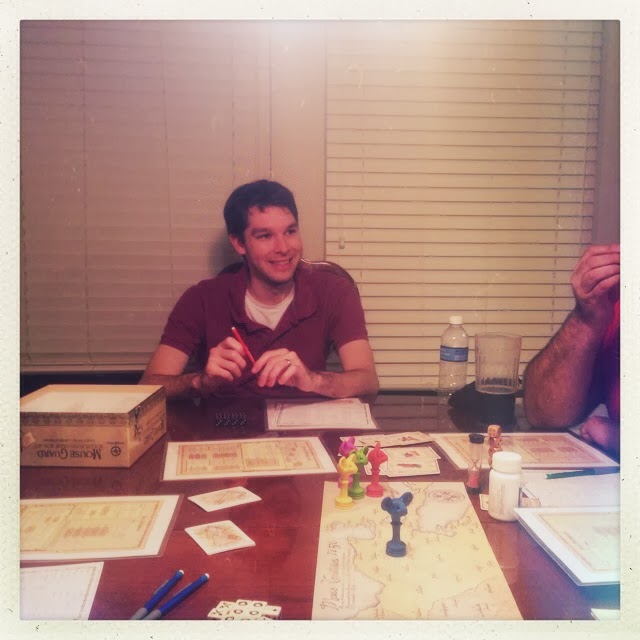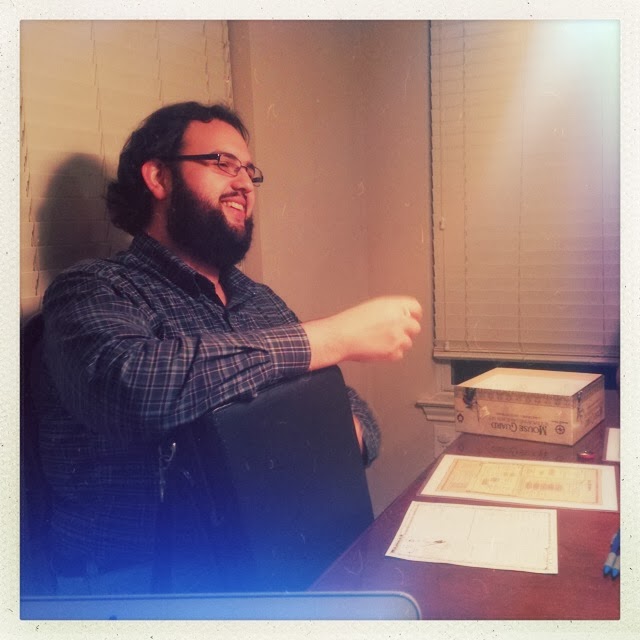We had fun with Mouse Guard last night, but it was in spite of the rules, not because of them. We gave it a good, honest effort, but ultimately we decided it’s not a good fit for our group. There were several issues at play, but mostly it was the fact the game seemed to be crunchy just for the sake of being crunchy. Four years ago, I thought Mouse Guard was remarkably light and easy (coming off Burning Wheel, anyway). Unfortunately, that experience just does not hold up.
These days, I’ve become accustomed to games that are not only fast and light, but also sacrifice nothing in terms of the experience or the story being told. You could hack Apocalypse World in an afternoon to run Mouse Guard and I promise the experience would be more fulfilling than Mouse Guard proper. Or, even better, Archipelago could tell the Mouse Guard story with no prep whatsoever.
What I’m getting at is this: I’m a grown-ass man with a job and responsibilities. If Luke Crane wants me to digest and memorize 300 pages of rules, his game needs to make it worth my time.
There’s probably a broader conversation here about time constraints and the concept of sunk costs (the failure to acknowledge the latter being a particularly acute plague on our hobby) but I have to get ready for work.




Addendum: Anyone who is planning on going to 8th Dimension’s demo of Torchbearer, good luck with that. You have two hours to process a game that is twice as complicated as Mouse Guard. I will be curious to hear how that goes.
Addendum: Anyone who is planning on going to 8th Dimension’s demo of Torchbearer, good luck with that. You have two hours to process a game that is twice as complicated as Mouse Guard. I will be curious to hear how that goes.
I came to much the same conclusion while playing Mouse Guard. My answer was to play it much like any other RPG and ignore much of the structure.
I came to much the same conclusion while playing Mouse Guard. My answer was to play it much like any other RPG and ignore much of the structure.
Swords & Wizardry. Ask Doyle Tavener It has the benefit of being already familiar, but with light rules. Relies on strong GM “fiat,” though, so if you dislike that, I’d pass on it. The downside is that the less fiat you have, the more rules you have.
Swords & Wizardry. Ask Doyle Tavener It has the benefit of being already familiar, but with light rules. Relies on strong GM “fiat,” though, so if you dislike that, I’d pass on it. The downside is that the less fiat you have, the more rules you have.
What killed me about Mouse Guard was that they marketed it as something great for kids. I do a lot of gaming with kids and lemme tell ya, crunch isn’t their thing.
S&W is a hoot. I don’t know if I could manage a steady diet of it, but I’ve had fun every time I’ve played it.
It’s also available as a free PDF from Frog God Games, so well worth a quick look.
What killed me about Mouse Guard was that they marketed it as something great for kids. I do a lot of gaming with kids and lemme tell ya, crunch isn’t their thing.
S&W is a hoot. I don’t know if I could manage a steady diet of it, but I’ve had fun every time I’ve played it.
It’s also available as a free PDF from Frog God Games, so well worth a quick look.
Theron Bretz OMG, I can’t even imagine trying to teach MG to kids.
We’re moving on to Monsterhearts (after a brief, one-session interlude of The Final Girl).
I downloaded the free PDF of S&W the other day but, honestly, Dungeon World has (likely permanently) scratched my fantasy/dungeon crawl itch.
Theron Bretz OMG, I can’t even imagine trying to teach MG to kids.
We’re moving on to Monsterhearts (after a brief, one-session interlude of The Final Girl).
I downloaded the free PDF of S&W the other day but, honestly, Dungeon World has (likely permanently) scratched my fantasy/dungeon crawl itch.